Reflections on the Highland Park Shooting
This week, we have been reflecting on Monday’s mass shooting at a July 4th Parade in Highland Park, IL. Seven people were killed and 38 were wounded. It is not a coincidence that this attack took place in one of Illinois’ largest, most historic Jewish communities (Highland Park’s population is about 30% Jewish today). We have been thinking about this not only as Jews for whom this is very personal, but as Jewish organizers. Far too few reports have mentioned the shooter’s recent and documented harassment of Jews or included context regarding the radical online spaces he frequented. Adding to this, until the murders in Buffalo, most reporting on mass shooters in the last decade failed to ever mention the shared fantasies of Great Replacement Theory, and the role of far-right online communities in the radicalization of shooters worldwide.
In the U.S. today, Monday’s shooting represents the routine violence we are forced to tolerate—a "random" phenomenon that we can mourn, but not interrogate. Our media fails to identify what binds nearly every mass shooter since Columbine (and you could argue since day one with Charles Joseph Whitman in 1966) - whiteness & masculinity. At their core, these mostly young, white men perceive that they have been wronged by changing social norms, and denied the promises of white masculine superiority.
This resentment is almost always focused & crystallized through a lens of misogyny and racism, that in recent decades has been refined by online spaces. These online spaces are not just the infamous dens of 4chan/8chan or Der Sturmer, that in recent years have been pushed to the slightly less accessible dark web; They are our most commonly used and algorithmically reliant applications—YouTube, Google, Twitter, Facebook, and more. Each and every one of us has a personally sculpted internet, generated for us by algorithms that have zero oversight or mechanism of public peer review. These information engines have been shown to repeatedly deliver increasingly extreme and violent content to their targeted audience.
But instead of addressing these data-processing methods, which are the money makers for these tech giants, we have seen increased focus on playing a game of whack-a-mole with individualized censorship. This includes easily gamed auto-moderation and state surveillance of personal social media accounts, that has been applied overwhelmingly against those targeted most by State and social violence, marginalized communities. We see it with the way BIPOC racial justice advocates have their accounts repeatedly suspended, the documented monitoring of dozens of Minnesota activists who were critical of MPD and law enforcement following George Floyd’s murder, with racist facial recognition software deployed by law enforcement, or most recently as abortion access advocates have seen their posts on Facebook and Instagram removed in the wake of Roe’s repeal.
In addition to virtual surveillance, our country positions the strengthening of law enforcement as the solution to gun violence of all kinds. We know that increased policing does little to actually reduce crime, and more to exacerbate the mass incarceration of Black people, people of color, poor and unhoused people, and those with mental illness. Increasing law enforcement in schools does not change young people’s access to guns or curb the escalation of violence. Two decades of intensified police presence at schools has only resulted in subjecting more students of marginalized identities to surveillance and low-level arrest. Policy responses to mass shootings that multiply law enforcement increase violence against those our country already disproportionately criminalizes.
Public policy alone cannot solve this multifaceted crisis, but incremental policy changes can help. For example if hate incidents (not just those that pass the legal threshold of ‘crime’) were tracked in a central clearinghouse, like the Department of Human Rights, then state and local governments could better address this as a public health crisis. Hennepin County took an immense step in that direction last year, investing $1,000,000 in a system for tracking and responding to hate incidents after tremendous community pressure in the wake of multiple hate threats to Hmong and Jewish community spaces.
Governor Walz’s supplemental budget this year proposed a similar plan before getting stalled by the Minnesota Senate. But tracking (as helpful as its long term potential may be) is reactive, and we are tired of reacting. A fast package of laws and cash for police trainings won’t prevent the next stochastic terror attack against us as Jews, against Muslims, against Asians, against Black people, or against queer communities. The Stop Asian Hate bills of 2021 were massive handouts to police departments, and did little to address the root causes of hate and hate motivated violence.
The way we see it, no mainstream media or government responses to mass shootings acknowledge them as distinctly white nationalist violence, nor do they address how our own national culture foments this violence in the first place.
Our systems enable social isolation and alienation.
When combined with constant exposure to media that blames women, queer & trans people, BIPOC, immigrants, and Jews for these phenomena, they create opportunities for people to be radicalized by white nationalist media and hate groups. When we see this cycle in its totality, we realize that the same systems setting up and neglecting perpetrators of mass violence while over-criminalizing and harming marginalized communities will never be the solution to this crisis.
Solidarity is the solution.
Many of our communities are doing liberation work in silos, unaware of each other’s shared struggles. We need to collectively build a culture of care, rather than isolation and punishment. We need to sharpen our collective understanding of antisemitism and white nationalist violence. And we must resist the panicked isolation that these attacks incite, which makes us forget about—or even fear—our neighbors. Instead, let’s meet our neighbors.
We hope you’ll join JCA's Decriminalizing Communities and Combating Antisemitism campaigns for an evening of education, conversation and reflection on July 26.
In Solidarity,
Sarah Buchlaw, Decriminalizing Communities Organizer
Brandon Schorsch, Combatting Antisemitism & White Nationalism Organizer
